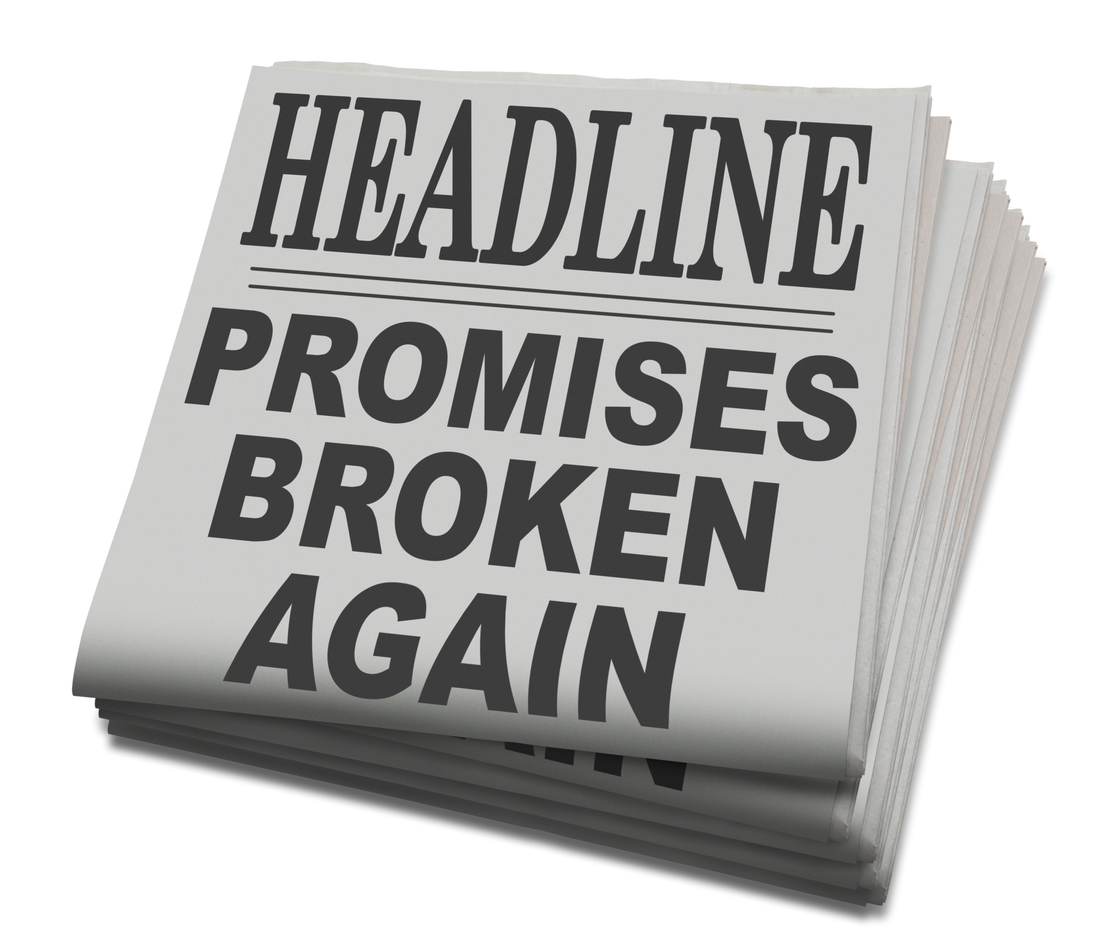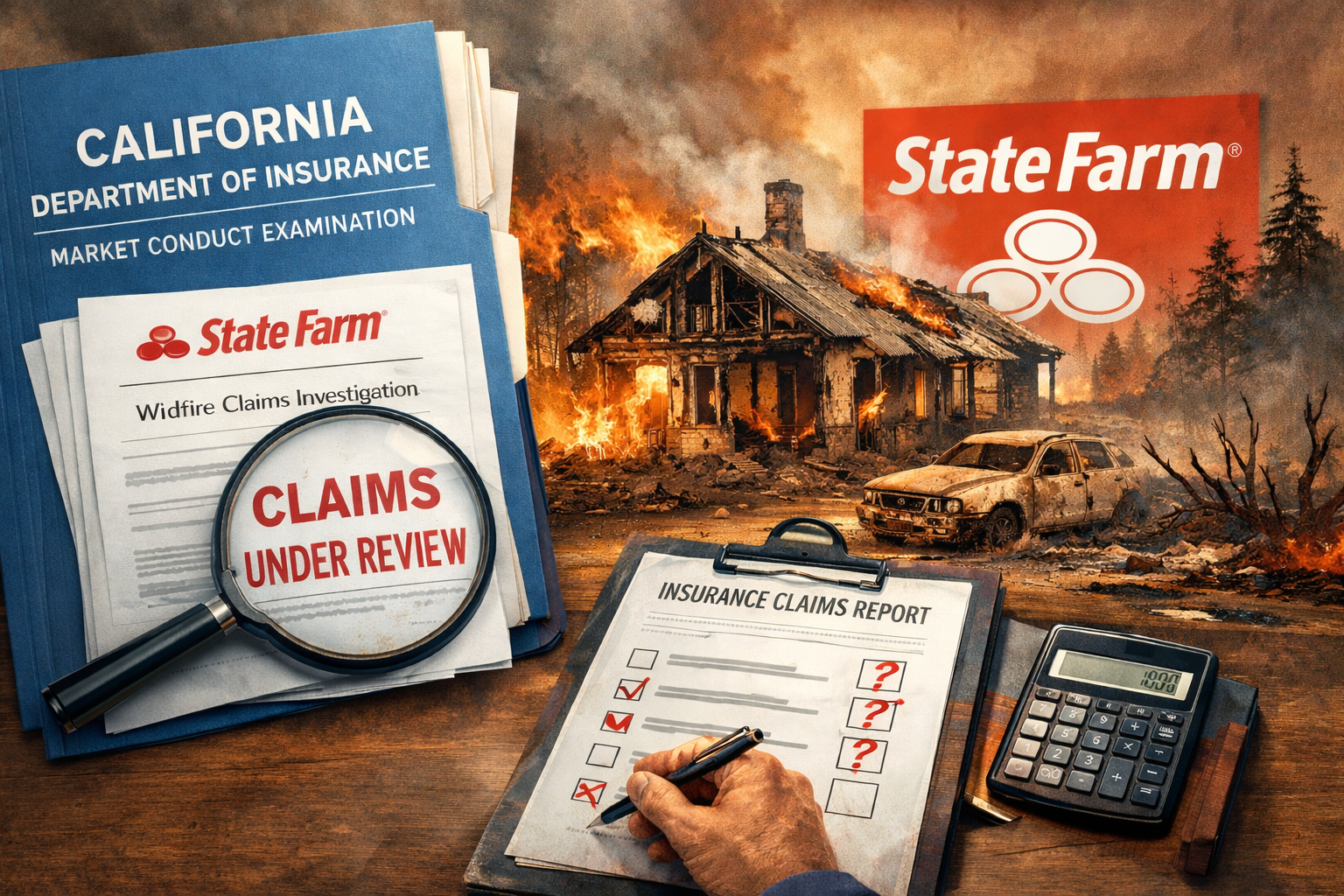(Note: this Guest Blog is part of a series on sinkhole issues).
Have any of you been involved in a neutral evaluation where the neutral evaluator appointed by the Department of Financial Services is an engineer or geologist that you have worked against many times? This begs the question – how “neutral” is neutral evaluation? Depending on the situation, you can wind up with a not-so-neutral evaluator or, worse yet, an evaluator who you have an adversarial relationship with from past claims. I have a few tips that can help you get more information about whether your prospective or appointed neutral evaluator is “neutral.”
First, gather basic information about each neutral evaluator on the list so that you are prepared to evaluate prospective neutral evaluators. The DFS maintains a file on each of the neutral evaluators. Request contact information and any other information the DFS has on each of the evaluators. If the DFS does not have a current CV or other information about the neutral evaluator, call or write to the neutral evaluator directly and request a CV.
Second, gather specific information related to the neutral evaluator’s experience with sinkhole claims, potential affiliations with insurance carriers, and neutral evaluation history. I suggest that you write directly to the neutral evaluator and ask about their experience with sinkhole claims, ask them to disclose to you which carriers they have worked for in the past, ask them to disclose what percentage of their business or revenue is generated from insurance companies, and ask them how many neutral evaluations they have handled and how many times they rendered an opinion in favor of the insured and how many times in favor of the carrier. Evaluate the information in light of your case – has this neutral evaluator always ruled in favor of the carrier? Has he worked primarily for insurance companies? If so, then these are likely not good candidates to conduct a “neutral” evaluation for you or your client.
The neutral evaluators may not want to provide you with this information, but the policyholder has the right to explore whether the neutral evaluator is truly “neutral.” It would be wise to gather this information for each evaluator now – not in the face of an impending neutral evaluation – so that you have the information at the ready and so that you don’t frustrate or irritate your potential neutral evaluator on the eve of a claim that he or she will be deciding.
Third, once you have a prospective neutral evaluator selected by the DFS, check the evaluator out with others in the industry – adjusters, attorneys, engineers, geologists– who may have valuable information to share with you. Often, the evaluator’s file information won’t tell the whole story. There is one neutral evaluator, for example, who has notified the DFS that he can no longer be neutral on Merlin Law Group files. This is useful information to know up front if your claim is one that could eventually wind up at our office. You can continue to supplement your “stock” file on each neutral evaluator as you have experiences or information to add.
You will have the opportunity to strike 3 of the DFS selections and the carrier will have the same opportunity. It is probably better to agree to someone selected by the DFS than to expend your three strikes and allow the carrier to do the same and be stuck with whoever the 7th selection is. You have more control of the process by evaluating and agreeing to someone early on.
There are qualified and fair neutral evaluators on the list. Unfortunately, there are many who really can’t be called “neutral.” The key is to prepare so you will not wind up with one of these not-so-neutral “neutral” evaluators.



